-

"Ultimately, we want students to grow to be independent. For them to do that, they have a sense of what the criteria are that make them successful. For a long time, the criteria have been a mystery to students." - R.J. Tierney, M. Carter, & L. Desai
Assessment uncovers mastery and determines next steps.
Assessment, as both a process and product, promotes learner success when used intentionally to uncover each learner’s level of mastery and to determine the next steps in instruction. In the process of assessment, educators regularly check for understanding through systematic monitoring. A systematic and systemic assessment process ensures that educators, learners and parents have an understanding of where each learner is along the continuum of content and skill mastery.
Assessments, when considered as a product (e.g., portfolios, multiple-choice tests, constructed response items and performance assessments) provide a measure of mastery, which typically occurs at the end of instruction.
Assessment as a process or product informs multiple aspects of learning, including differentiation of instruction, mild or intensive interventions and placement and graduation decisions. To this end, assessment provides valid and reliable qualitative and quantitative data, which improves the learning of each individual.
The goal of a comprehensive assessment program is to provide educators information to guide student learning through formative and summative assessment. When used formatively, assessments provide a means to assess FOR learning while learning is taking place. Summative assessments, assessments OF learning, provide a means for educators, learners and parents to identify mastery of learning outcomes at a culminating moment, such as the end of a unit, grading period or semester.
Educators use all forms of data, both qualitative and quantitative, to inform decisions about learning design and learning pathways. In addition, assessment data regarding linguistic levels for Reading, Speaking, Listening and Writing for English Learners in order to appropriately design grade level instruction. A balanced assessment system includes daily ongoing assessment strategies, periodic diagnostic progress assessments and large scale standardized assessments.
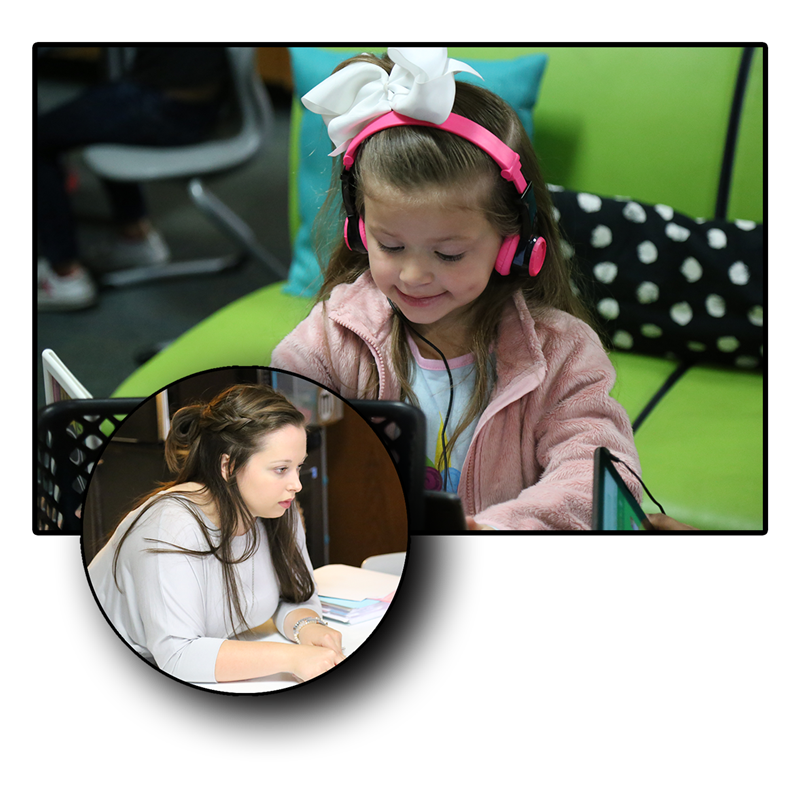
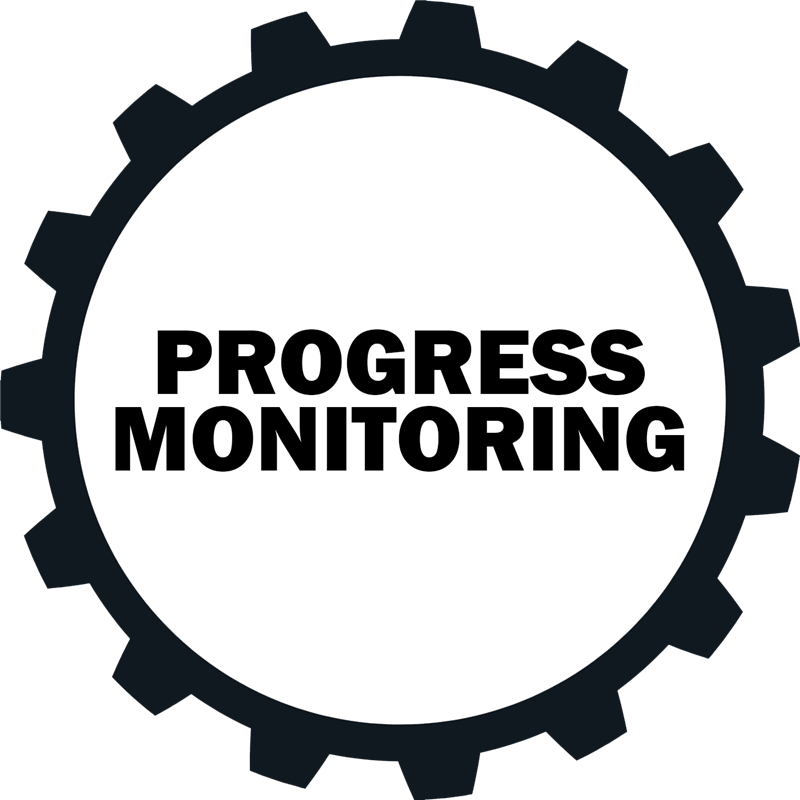 Progress Monitoring: Progress Monitoring is a brief assessment to determine if learners are making adequate progress. They should be administered as appropriate at the learner’s instructional level over an extended period of time, measuring the rate of improvement measurements to match specific intervention/deficit.
Progress Monitoring: Progress Monitoring is a brief assessment to determine if learners are making adequate progress. They should be administered as appropriate at the learner’s instructional level over an extended period of time, measuring the rate of improvement measurements to match specific intervention/deficit.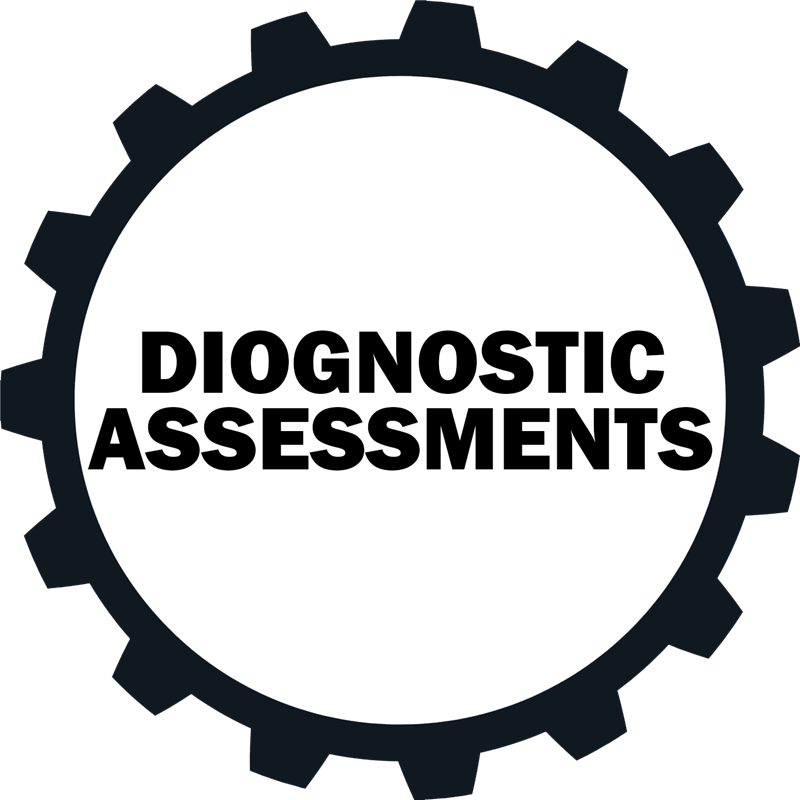 Diagnostic Assessments: Diagnostic Assessments are designed to provide the educator with an understanding of the prior knowledge and skills, as well as the strengths and specific needs of their learners. These diagnostic assessments should be conducted prior to instruction to inform lesson design or structure.
Diagnostic Assessments: Diagnostic Assessments are designed to provide the educator with an understanding of the prior knowledge and skills, as well as the strengths and specific needs of their learners. These diagnostic assessments should be conducted prior to instruction to inform lesson design or structure.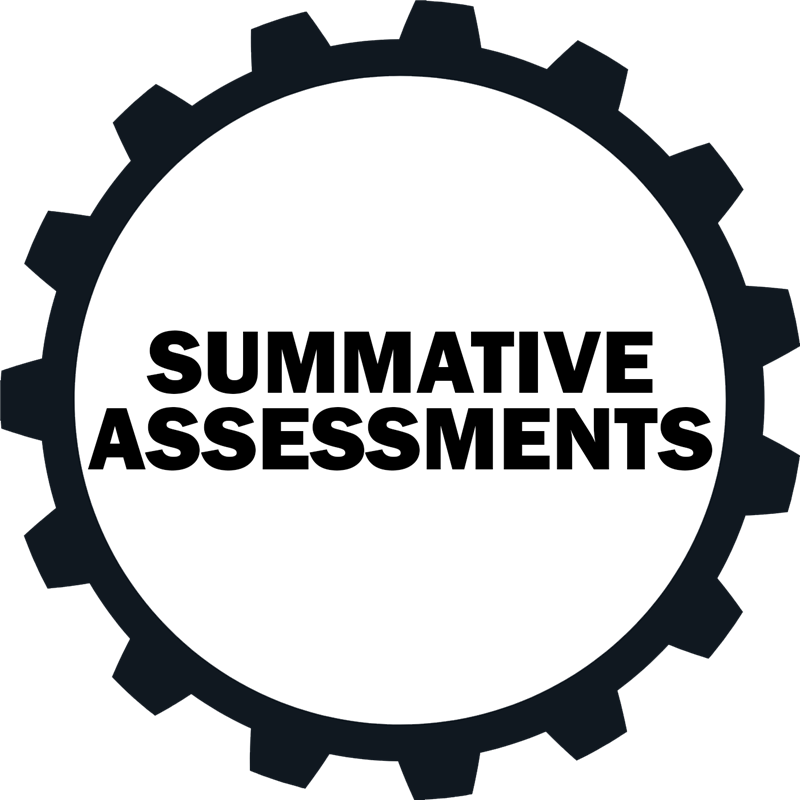 Summative Assessments: Educators use assessments for summative purposes as a means for the measurement of learning, effectiveness of instruction and the alignment of the curriculum. The summative assessment process evaluates and communicates performance at established times.
Summative Assessments: Educators use assessments for summative purposes as a means for the measurement of learning, effectiveness of instruction and the alignment of the curriculum. The summative assessment process evaluates and communicates performance at established times.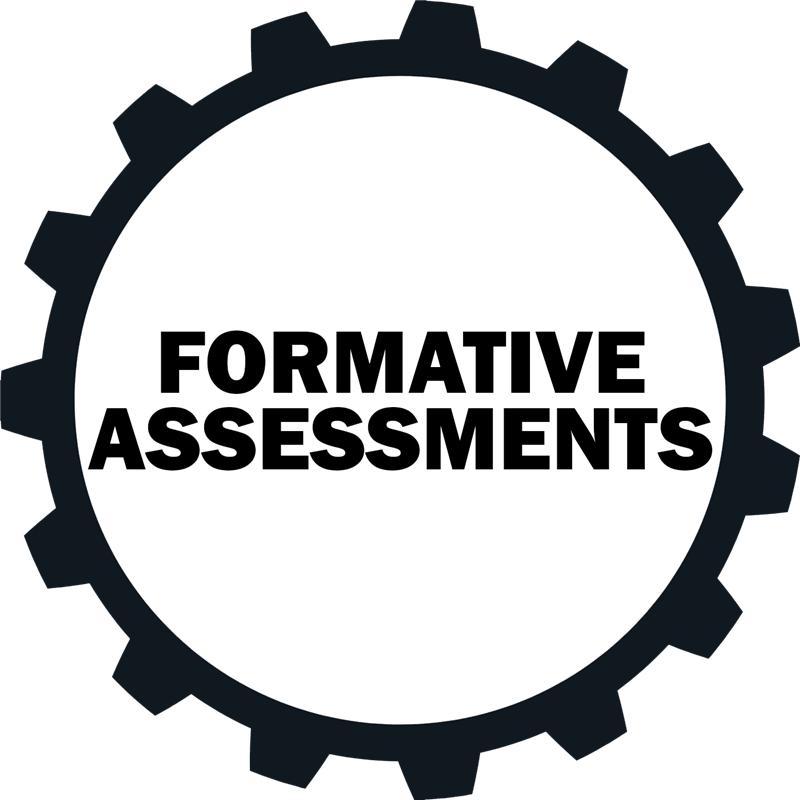 Formative Assessments: The assessment process is ongoing. It is a spiraling, data driven practice that guides instruction. As such, assessments used for formative purposes must entail sufficient breadth, depth and cognitive rigor to promote a deeper level of understanding. With formative assessment, educators use quantitative and qualitative data, acquired through formal and informal means, to determine where the learner is, where the learner should be and how to move the learner forward on the learning continuum. Educators and learners use assessment formatively for the improvement of learning. The formative assessment process is validated through both the educator and the learner’s use of the information.
Formative Assessments: The assessment process is ongoing. It is a spiraling, data driven practice that guides instruction. As such, assessments used for formative purposes must entail sufficient breadth, depth and cognitive rigor to promote a deeper level of understanding. With formative assessment, educators use quantitative and qualitative data, acquired through formal and informal means, to determine where the learner is, where the learner should be and how to move the learner forward on the learning continuum. Educators and learners use assessment formatively for the improvement of learning. The formative assessment process is validated through both the educator and the learner’s use of the information. 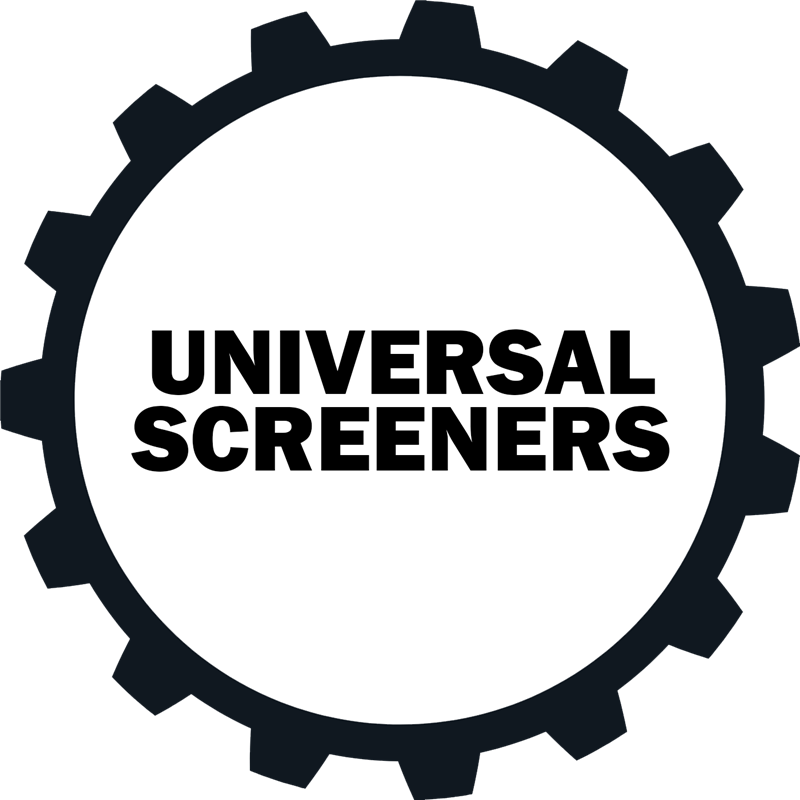 Universal Screeners: Universal Screeners are brief assessments administered to all learners to determine as early as possible which learners are at risk of not meeting academic goals, norm-referenced measures, and administered on grade level three times a year in K-8.
Universal Screeners: Universal Screeners are brief assessments administered to all learners to determine as early as possible which learners are at risk of not meeting academic goals, norm-referenced measures, and administered on grade level three times a year in K-8.
Select a School...
Select a School
- Coppell High School
- Coppell High School Ninth Grade Campus
- New Tech High @ Coppell
- Victory Place @ Coppell
- Coppell Middle School East
- Coppell Middle School North
- Coppell Middle School West
- Austin Elementary
- Canyon Ranch Elementary
- Cottonwood Creek Elementary
- Denton Creek Elementary
- Lakeside Elementary
- Richard J. Lee Elementary
- Mockingbird Elementary
- Pinkerton Elementary
- Town Center Elementary
- Valley Ranch Elementary
- Wilson Elementary
- The Learning Framework
- Digital Learning
- Graduation Ceremonies


